Chaste berry for horses offers pure top-quality powder milled fine for maximum bioavailability to alleviate mare moods and support hormonal health, behaviour to Cushing’s disease and metabolic conditions in horses.
Chaste berry for horses; this herbal remedy also known as Vitex angus-cactus offers a natural and more holistic approach and care of your horse.
Benefits of Chasteberry for Horses
- Hormonal issues- may support the pituitary gland and therefore assist with hormonal balance
- may reduce the production of prolactin, a hormone involved in lactation and other reproductive functions
- may be useful for mares with irregular season cycles, stallions with overly aggressive behaviour, or geldings exhibiting hormonal imbalances
- may also mares in season, moody mares and other hormone fluctuations
- Behavioural Support:
- by offering hormonal support it may reduce aggressive behaviour, irritability or frustration
- may help mares who experience difficulties during cycling
- Supports the Pituitary Gland
- may have an effect on dopamine receptors that regulate the function of the pituitary gland and play a central role in regulating hormones throughout the body
- may offer support to horses with PPID (Pituitary Pars Intermedia Dysfunction, also known as Cushing’s disease)
- may reduce minor symptoms associated with cushing’s disease such as long coats, difficulty shedding coats or minor hoof lameness
How does pure chaste berry work?
Chasteberry has an effect on the dopamine production in the brain. Dopamine is a neurotransmitter that inhibits the release of prolactin and other hormones that may be out of balance. By increasing dopamine levels, chasteberry helps restore normal hormonal function, particularly in horses suffering from hormone-related issues.
What is the dose of pure chase berry?
Dosage can vary depending on the horse’s weight, age, and the issue being treated. Generally, 10–30 grams per day of chasteberry powder is the recommended dose for most horses,
- The dosage may be given over a period of weeks to months, and the response will often be gradual. Some horses may show improvement within a few weeks, while for others, it might take longer.
Chasteberry is a natural herb that can help manage hormonal imbalances in horses, particularly those related to reproductive health, mood swings, and behavioural issues. It is a useful option for mares, geldings, and stallions experiencing hormonal fluctuations or conditions like PPID. However, if your horse or pony exhibits more serious issues with cushings such as regular laminitis a blood test is recommended, and a veterinary medication may be required.

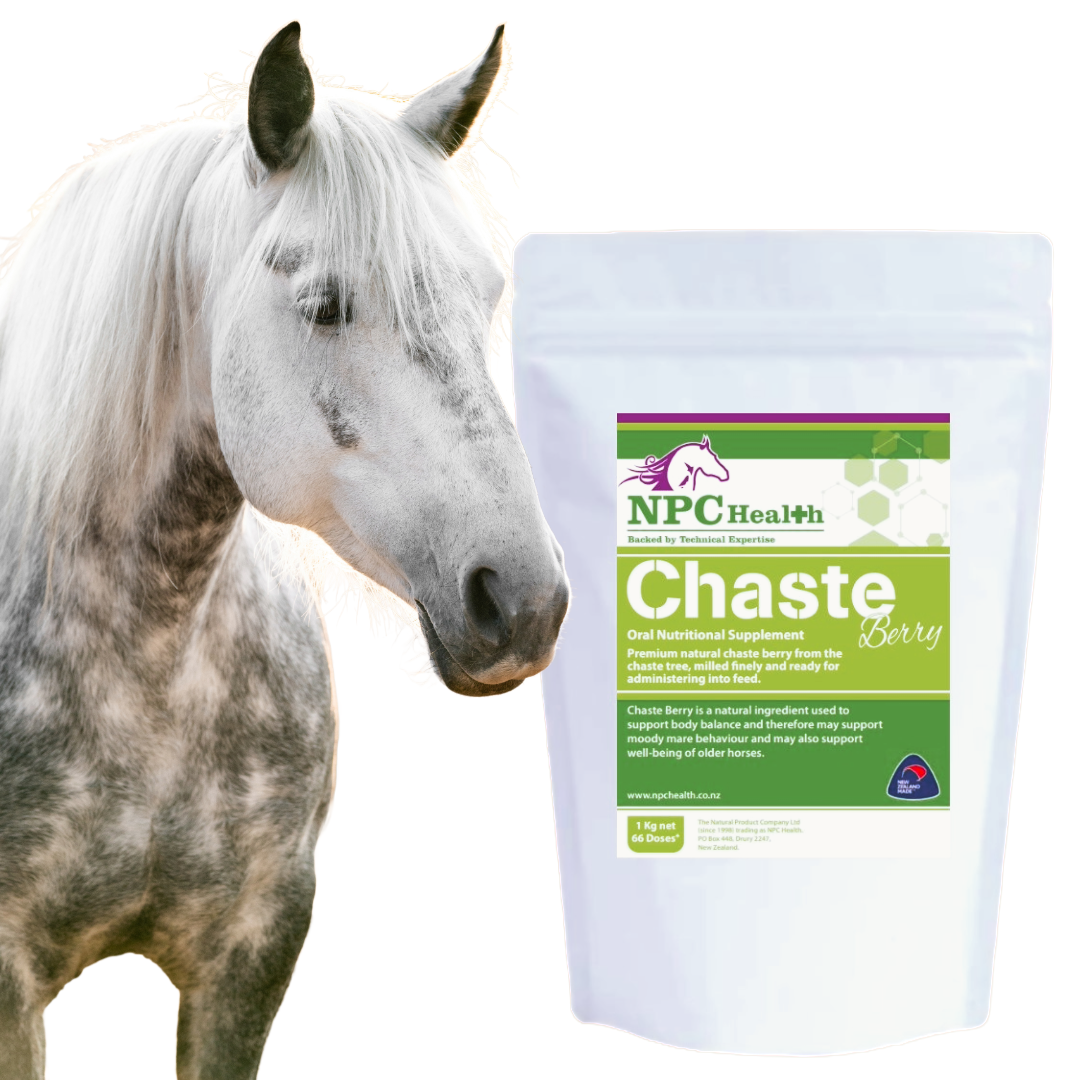
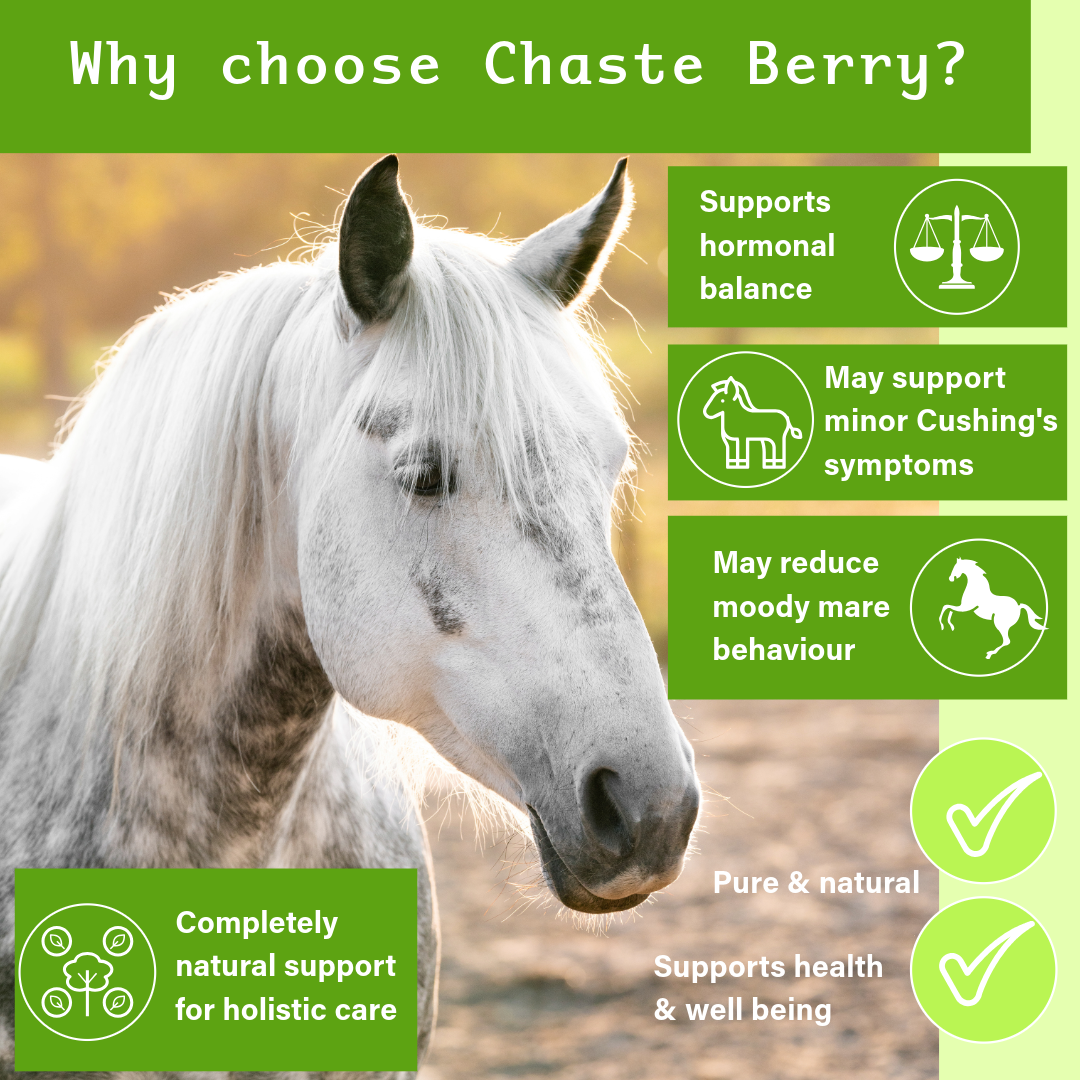
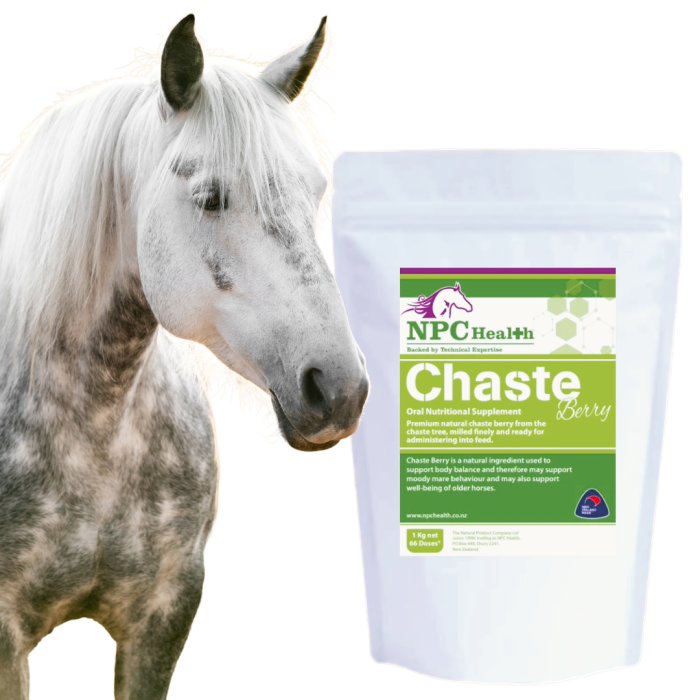
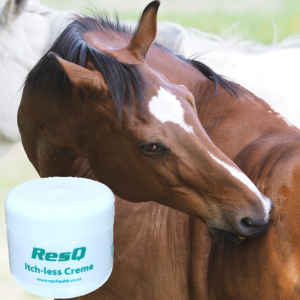

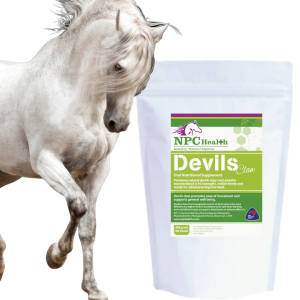

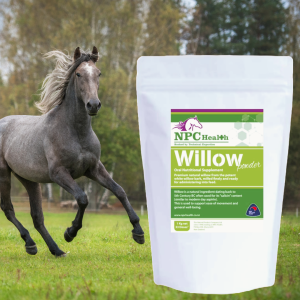






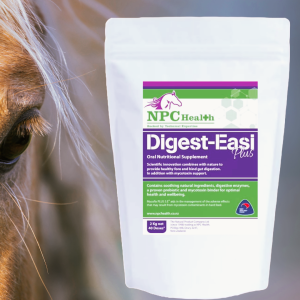
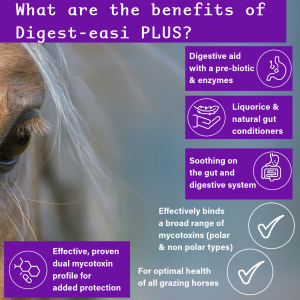
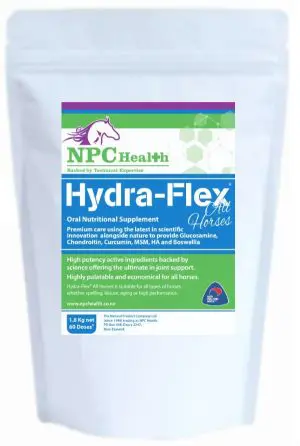
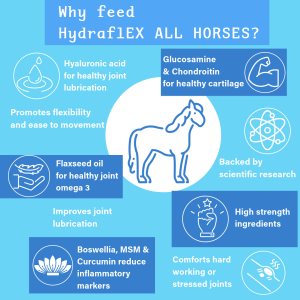
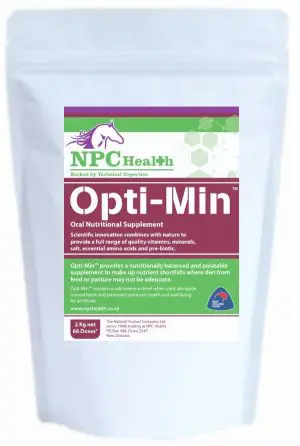
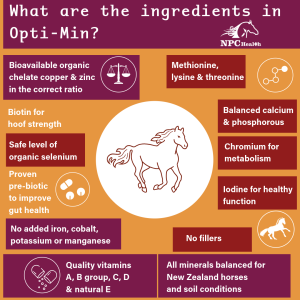
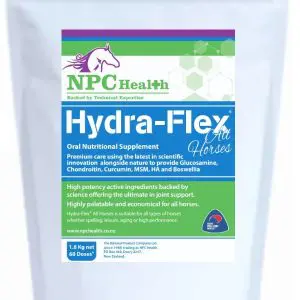
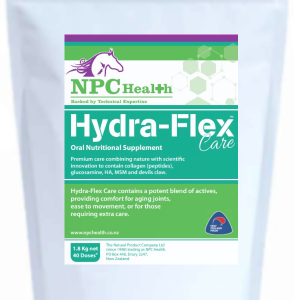
Reviews
There are no reviews yet.